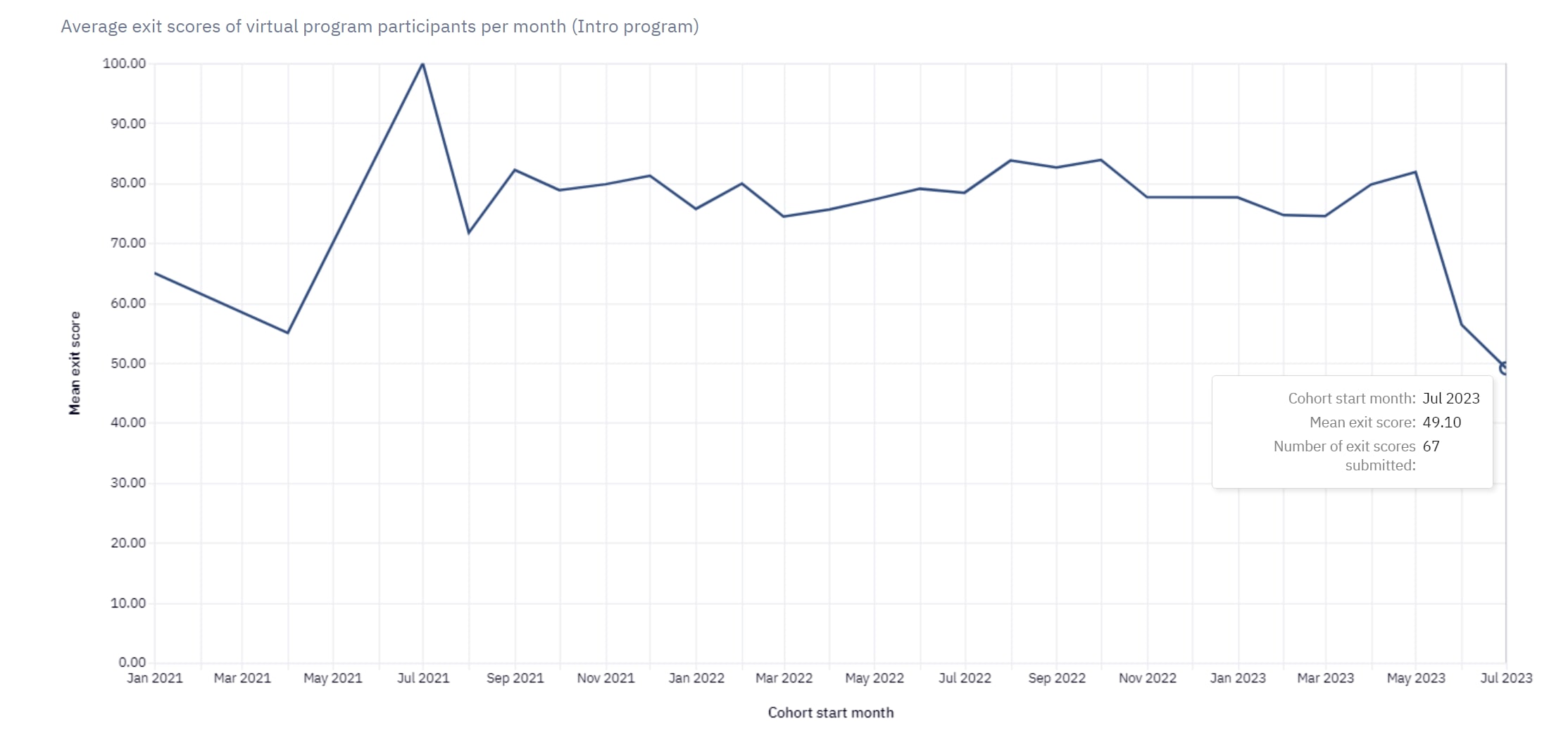Welcome!
If you're new to the EA Forum:
- Consider using this thread to introduce yourself!
- You could talk about how you found effective altruism, what causes you work on and care about, or personal details that aren't EA-related at all.
- (You can also put this info into your Forum bio.)
Everyone:
- If you have something to share that doesn't feel like a full post, add it here! (You can also create a quick take.)
- You might also share good news, big or small (See this post for ideas.)
- You can also ask questions about anything that confuses you (and you can answer them, or discuss the answers).
For inspiration, you can see the last open thread here.
Other Forum resources



Thanks for commenting!
In other words, there seem to be values that are more related to executive functions (i.e. self-control) than affective states that feel good or bad? That seems like a plausible possibility.
There was a personality scale called ANPS (Affective Neuroscience Personality Scale) that was correlated with the Big Five personality traits. They found that conscienciousness wasn't correlated with any of the six affects of the ANPS, while the other traits in the Big Five were correlated with at least one of the traits in the ANPS. So conscienciousness seems related to what you talk about (values that don't come from affects). But at the same time, there was research about how much conscientious people are prone to experience guilt. They found that conscientiousness was positively correlated to how prone to guilt one is.
So, it seems that guilt is an experience of responsibility that is different in some way from the affective states that Panksepp talked about. And it's related to conscientiousness that could be related to the ethical philosophical values you talked about and the executive functions.
Hm, I wonder if AIs should have something akin to guilt. That may lead to AI sentience, or it may not.
Bibliography Uncovering the affective core of conscientiousness: the role of self-conscious emotions Jennifer V Fayard et al., J Pers., 2012 Feb. https://pubmed.ncbi.nlm.nih.gov/21241309/
A brief form of the Affective Neuroscience Personality Scales, Frederick S Barrett et al., Psychol Assess., 2013 Sep. https://pubmed.ncbi.nlm.nih.gov/23647046/
Edit: I must say, I'm embarrassed by how much these comments of mine go by the "This makes intuitive sense!" logic, instead of doing rigurous reviews of scientific studies. I'm embarrassed by how my comments have such a low epistemic status. But I'm glad that at least some EA found this idea interesting.